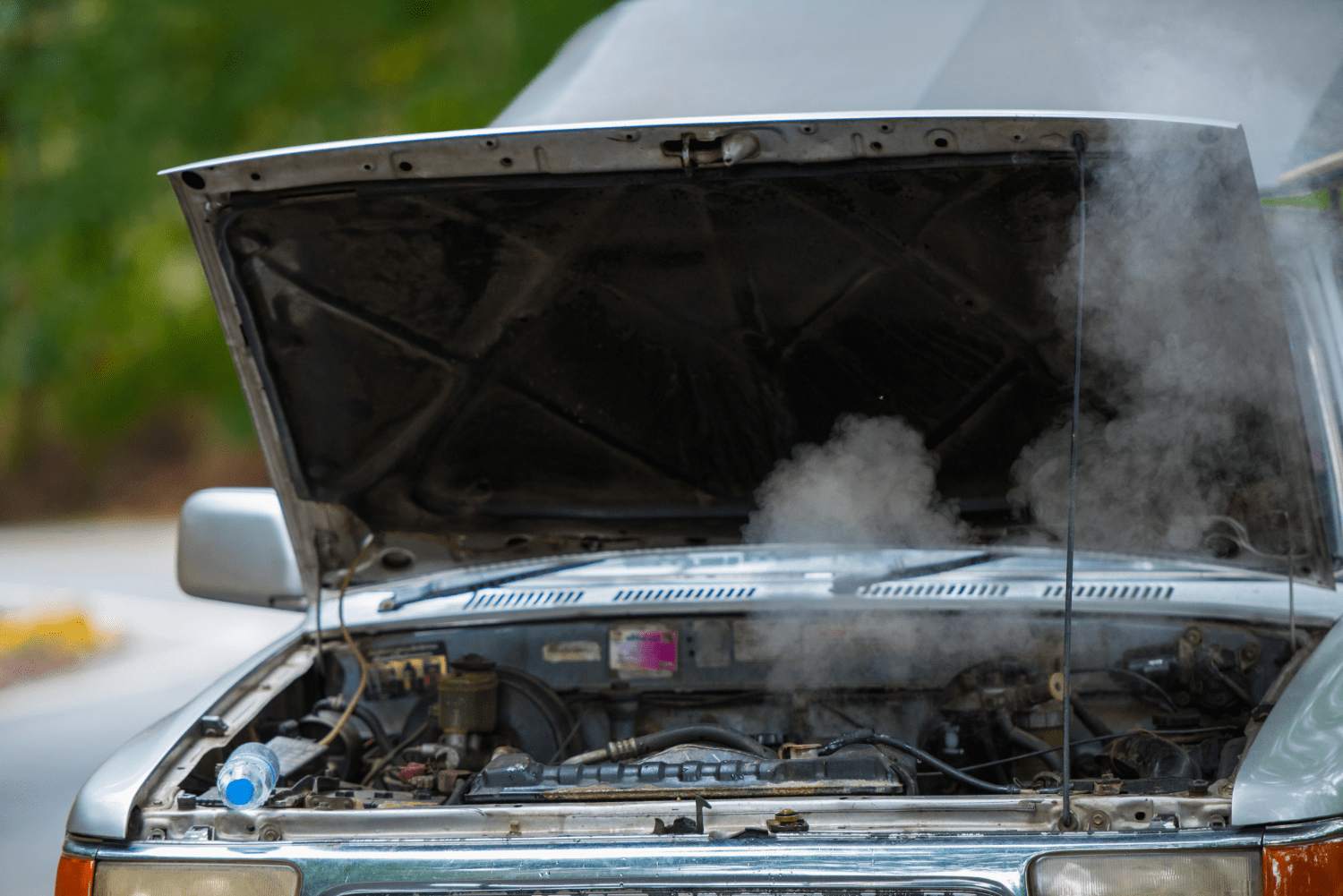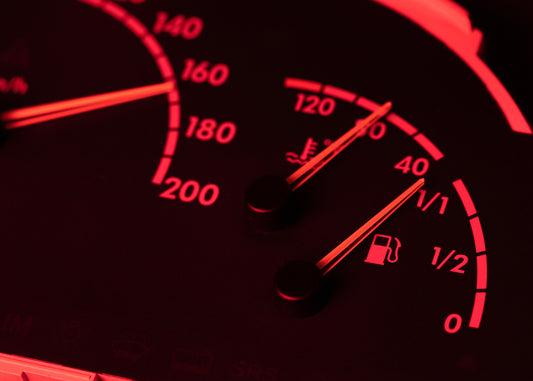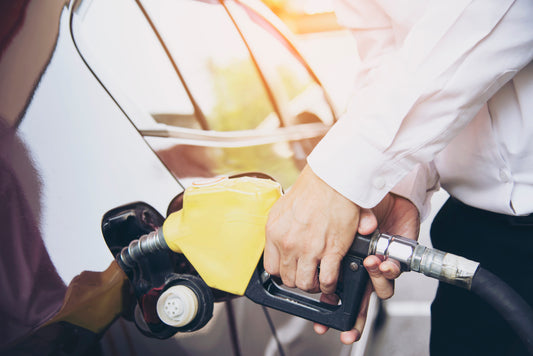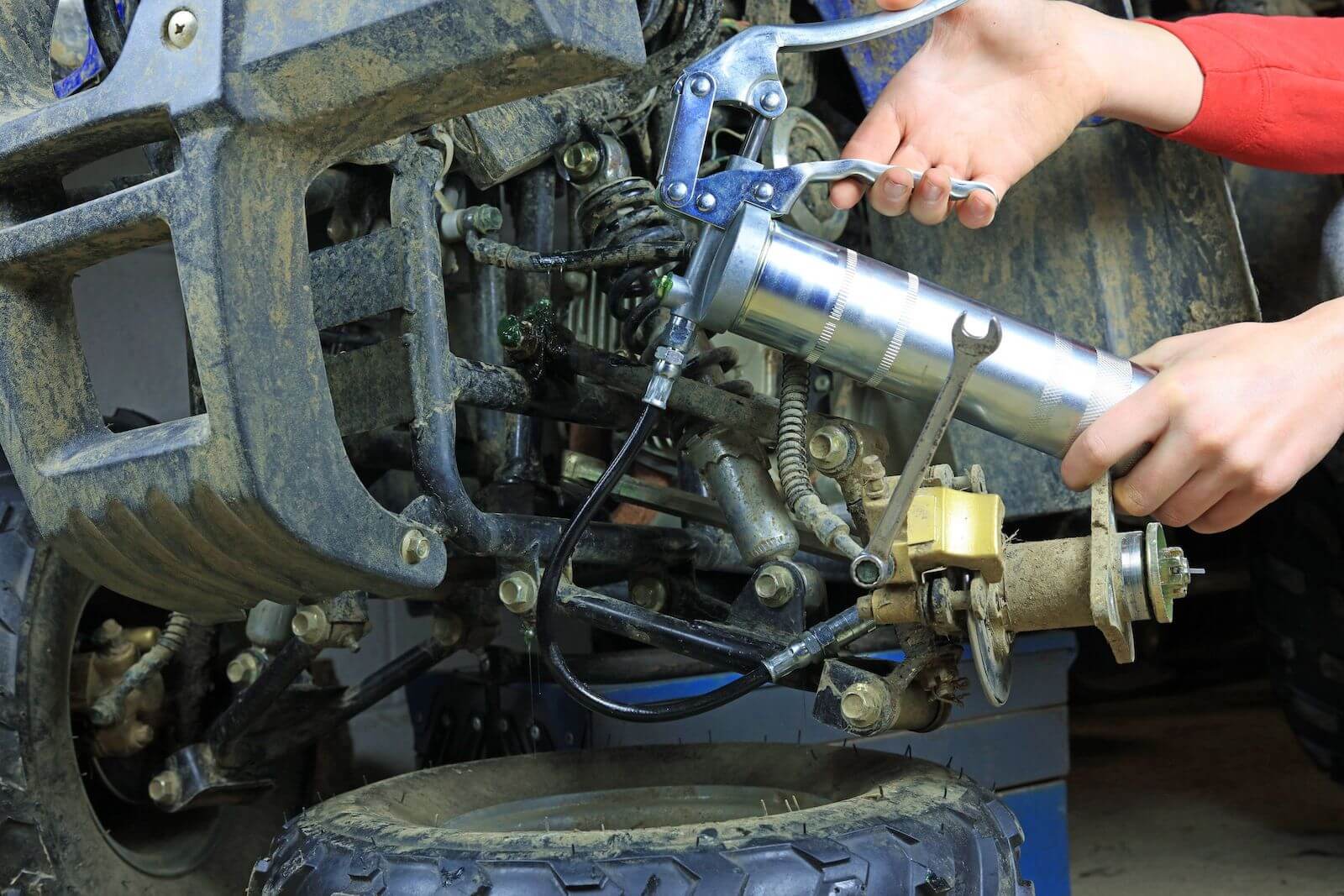If you want your vehicle to run as efficiently as possible, maintaining the cleanliness of your fuel injectors is essential. These injectors are responsible for delivering fuel to your engine.
When they are clean and performing optimally, your vehicle uses fuel more efficiently, runs smoother, and delivers a better overall performance. However, over time, fuel injectors can become dirty or clogged due to residual particles from the fuel.
When this happens, your vehicle’s performance can decrease and may lead to costly repairs if not addressed immediately. This guide will walk you through how to use a fuel injector cleaner to keep your car functioning at its best.
Why Use Fuel Injector Cleaner?
Using a fuel injector cleaner is a simple and cost-effective way to maintain your vehicle’s performance by preventing or remedying clogged fuel injectors. These injector cleaners are designed to break down the build-up materials inside your injectors that can hamper the smooth flow of fuel.

An obstructed fuel injector can’t deliver the correct amount of fuel to the engine, which can lead to a decrease in power, poor fuel economy, and unpleasant driving experience.
Benefits of Regular Use of Fuel Injector Cleaner
Regular use of a fuel injector cleaner comes with numerous benefits. First and foremost, it improves your vehicle’s performance by less emissions and ensuring the engine gets the right amount of fuel it requires in the combustion chamber to function optimally. As a result, your car might feel more responsive and powerful when you’re on the road.
Secondly, cleaning your fuel injectors regularly can lead to better fuel efficiency. When injectors are free of clogs, they can distribute fuel to the engine more effectively. This can result in less wasted fuel, helping you to save money at the pump.
Lastly, regular use of a fuel injection system and injector cleaner can prolong the lifespan of the injectors themselves. Like any car part, a fuel injector’s lifespan can be significantly reduced if it’s not taken care of properly. Ensuring your injectors are clean can save you from needing premature and potentially costly replacements.
Air-Tec HIGH CLASS Injector Cleaner
Air-Tec High Class Injector Cleaner cleans an engine’s fuel system, removing harmful oil, carbon, sludge, and resin build up. All Air-Tec High Class products are produced in Germany and held to the industry highest standards, ensuring our products meet and exceed your expectations.
shop nowSigns Your Fuel Injectors Need Cleaning
Being able to recognize the signs that your fuel injectors might need cleaning can save you from dealing with more serious problems down the line. One of the most obvious signs is a decrease in gas mileage. If your car seems to be consuming more fuel than usual, a clogged fuel injector could be to blame.
Another sign is your car hesitating when you try to accelerate. This is because a dirty fuel injector can’t deliver the necessary fuel amount quickly enough to meet the sudden demand for more engine power.

Likewise, if your car idles roughly, this could also indicate a problem with the fuel injectors. An engine needs a precise mix of fuel and air to run smoothly. If your injectors are clogged, they can’t provide the right amount of fuel, causing the engine to idle roughly.
Remember, knowing when your fuel injectors need cleaning is just as critical as knowing how to clean them. So, keep a vigilant eye on fuel system components for these signs and ensure regular maintenance.
Note: You can learn more about how fuel additives works to get a better understanding or explore our collection of high performance fuel additives for your vehicle best performance.
Choosing the Best Fuel Injector Cleaner
Selecting the right fuel injector cleaner for your vehicle is crucial to ensure the optimal performance of your engine. With a variety of cleaners available in the market, finding the best one for your needs can be challenging. Here are some tips to help you with your decision:
Vehicle Compatibility: First and foremost, make sure to choose a cleaner that is compatible with your vehicle. Some cleaners might work better on specific types of engines, so be sure to read the label carefully and check if it’s suitable for your car’s make and model.
Active Ingredients: The active ingredients in fuel injector cleaners play a vital role in determining their effectiveness. Look for cleaners that contain Polyetheramine (PEA) or Polyisobutene (PIB). These chemicals are known for their excellent cleaning properties, specifically designed to break down and remove carbon deposits, varnish, and other contaminants within fuel injectors efficiently.
Cleaner Potency: The potency of a fuel injector cleaner can dictate how well it can remove build-up materials inside your injectors. High-quality, potent cleaners can provide you with more noticeable results, improving your vehicle’s performance and fuel efficiency.
To keep your fuel injectors clean and maintain your vehicle’s optimal performance, consider using the Air-Tec HIGH CLASS Injector Cleaner available on our online store. This high-quality fuel injector cleaner can effectively break down and remove unwanted deposits in your fuel injectors, leading to improved performance and fuel efficiency.
How to Use Fuel Injector Cleaner: Step-By-Step
Once you’ve chosen the right fuel injector cleaner for your vehicle, follow these step-by-step instructions to clean your injectors efficiently:
Buy a Suitable Fuel Injector Cleaner: Before using a fuel injector cleaner, it’s essential to purchase a cleaner compatible with your car’s engine. Check the label of the cleaner and verify that it’s designed for use on your specific vehicle type.
Read the Instructions: Always read the instructions provided on the packaging label to ensure that you are using the cleaner properly and safely. Each product may have different recommendations on the amount and frequency of use for optimal results.
Empty Your Gas Tank: It would be best to use the fuel injector cleaner when your gas tank is almost empty. This is because the cleaner will mix with the remaining fuel and create a highly-concentrated solution that will maximize its effectiveness in cleaning your injectors.
Pour the Cleaner into the Gas Tank: Once your gas tank is nearly empty, open the fuel cap and pour the recommended amount of cleaner directly into the tank. Use a funnel if necessary to avoid spillage. Make sure to follow the instructions on the product label for the proper dosage.
Fill the Gas Tank with Fuel: After adding the cleaner to your gas tank, you need to fill it up with fuel. Doing this will ensure that the cleaner mixes thoroughly with the fuel, which will then pass through the injectors, cleaning them more effectively.
Use Up the Entire Tank of Fuel: After filling the tank, it’s essential to drive your vehicle until the entire tank of fuel is used up. This allows the cleaner to work its way through the engine and remove deposits from your injectors fully. Once the tank is empty, refill your gas tank and continue your regular driving routine.
Following these steps correctly will help you maximize the benefits of using a fuel injector cleaner, ultimately enhancing your vehicle’s performance and prolonging its lifespan.
Here’s a video you can watch to see the step by step process of entire fuel system cleaners…
How Often Should You Clean Fuel Injectors?
Keeping your fuel injectors clean is essential, but the optimal frequency of using fuel injector cleaner can vary depending on several factors. These factors can include your driving habits, the type of fuel injector cleaners you use, and your vehicle’s age.

Considering these variables, here’s how to determine when you should clean your fuel injectors:
Driving Habits: If you drive your car mostly in urban areas, which involves more frequent stops and starts, you might experience more deposits in your fuel injectors compared to highway driving. In this case, you should consider using a fuel injector cleaner more frequently, perhaps every 3,000 miles or so, for optimal performance.
Fuel Quality: The quality of the fuel you use can also have an impact on your injectors’ cleanliness. Lower quality fuels tend to leave more residues, which can lead to clogged injectors. If you often use lower-quality fuel, it’s advisable to clean your fuel injectors more frequently, around every 1,000 to 3,000 miles.
Vehicle’s Age: For newer vehicles equipped with advanced engine systems and using high-quality fuel, cleaning the injectors every 7,500 to 15,000 miles might be sufficient. In contrast, older vehicles with more usage could benefit from more frequent injector cleaning, depending on the vehicle’s overall condition and maintenance history.
Ultimately, it’s best to consult your vehicle’s owner’s manual or consult with a trusted mechanic to establish the ideal cleaning frequency to preserve your car’s fuel injectors and overall engine performance.
Safety Measures And Precautions
When using a fuel injector cleaner, it’s crucial to follow specific safety measures and precautions to avoid potential hazards:
Handling Fuel-Carrying Components: Make sure to handle fuel-carrying components like the fuel cap and the cleaner bottle with care. You should avoid exposing these components to direct sunlight, heat, or open flames. Likewise, do not store or use the cleaner in a closed garage or room where fumes can accumulate and lead to fire hazards.
Avoid Ingestion and Skin Contact: Injector cleaner chemicals can be toxic when ingested or inhaled. Always handle the cleaner with care and avoid ingesting it or inhaling the fumes. Keep the cleaner far from children and pets. Moreover, avoid contact with your skin or eyes, and use protective gloves when using the cleaner. In case the cleaner comes into contact with your skin or eyes, wash the affected area thoroughly with water and seek medical attention if necessary.
Use a Funnel: To prevent spillage when adding the cleaner to your gas tank, use a funnel. This helps in avoiding the contact of the cleaner with your vehicle’s bodywork, which can result in damage to the paint or other surfaces.
Dispose of the Container and Unused Cleaner Properly: After using the cleaner, it’s essential to dispose of the empty container and any remaining, unusable cleaner safely and responsibly. Check for local regulations regarding the disposal of such materials and follow them accordingly.
By following these safety measures and precautions, you can successfully and safely clean your fuel injectors to keep your vehicle running smoothly and efficiently.
AirTec High-Class Micro-Ceramic Oil Additive
HIGH -CLASS Micro-ceramic lubricating oil additive works with all conventional, semi- and fully synthetic engine and gear oils. It is a selected combination of the most modern high-tech solid ceramic lubricants, making it a world leader in ceramic additives.
shop nowFinal Words!
To conclude, maintaining the cleanliness of your fuel injectors is paramount for your vehicle’s optimal performance and longevity. From this guide, we’ve learned how to choose an appropriate fuel injector cleaner, considering key factors like vehicle compatibility, active ingredients, and cleaner potency.
We’ve also identified a step-by-step process on using fuel injector cleaner, from buying a suitable product to effectively using it with an almost empty and refilled gas tank. Furthermore, we’ve discussed the frequency of injector cleaning, which can be dependent on your driving habits, the fuel quality you use, and the age of your vehicle.
Lastly, we’ve emphasized safety measures and precautions to observe when using these cleaners, ensuring you avoid potential hazards while performing this vital maintenance routine. By consistently adhering to these guidelines, you can expect improved fuel efficiency, a smoother drive, and a longer lifespan for your vehicle.
FAQs
Do you put fuel injector cleaner in before or after gas?
It is best to pour the fuel injector cleaner into your gas tank when it’s almost empty. After that, you should fill up your tank with gas to ensure a proper mix of the fuel injector cleaner benefits with the fuel.
When should I add fuel injector cleaner?
The perfect time to add fuel injector cleaner is when your fuel tank is nearly empty just before you refill it. This makes sure that the cleaner is mixed thoroughly with your fuel for optimal results.
How long does it take for fuel injector cleaner to work?
The time it takes for a fuel injector cleaner to work can vary depending on the product. Typically, it starts cleaning the injectors immediately as you begin to drive. However, you should use up the entire tank of the fuel system cleaner to ensure efficient cleaning.
Do you pour the whole fuel injector cleaner?
Yes, according to most manufacturers, you should pour the entire bottle of fuel injector cleaner into your almost empty gas tank. However, always read the product’s instructions to determine the correct amount to use.
Do you put fuel injector cleaner in your gas tank?
Yes, fuel injector cleaner is designed to be poured into your gas tank. It mixes with your fuel to clean your fuel injectors as the fuel circulates through your engine.








